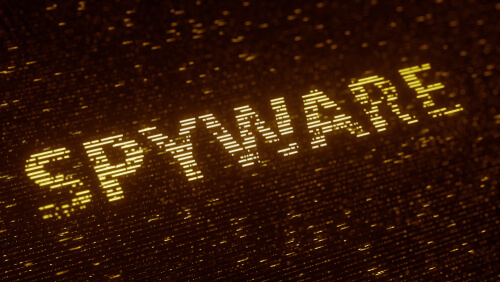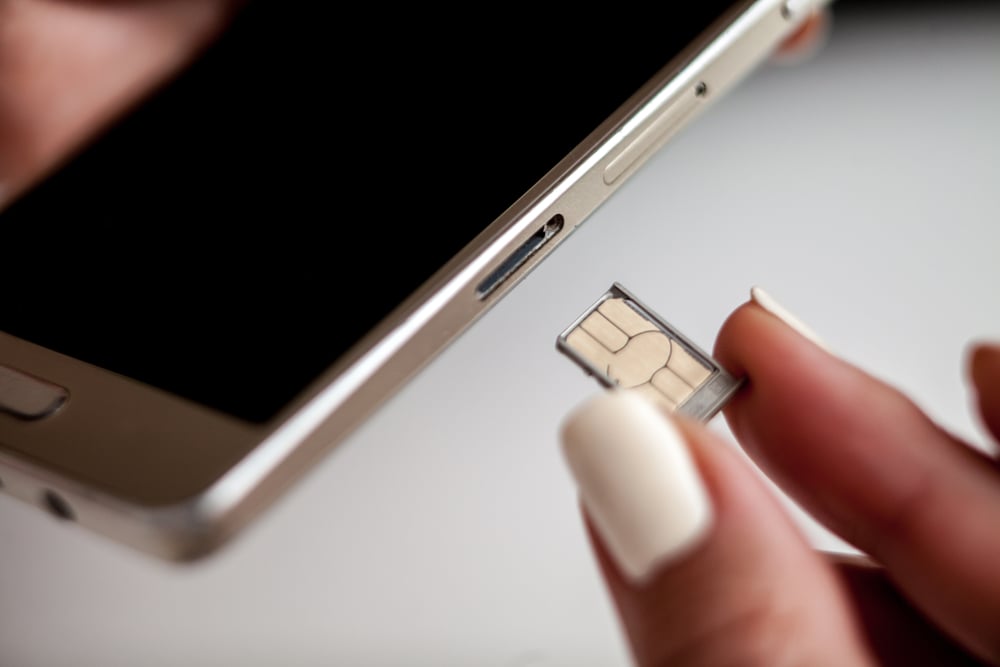Let's say you are an American citizen going through security at LAX as you get ready to board your outbound flight to the Middle East.
If Customs and Border Patrol (CBP) agents decide to search your bag and then ask you to unlock your phone so they could search that as well, would you unlock it?
This is what happened to Haisam Elsharkawi. And he refused to unlock his phone.
CBP agents allegedly responded by handcuffing him and taking him to another floor as he yelled, "Someone call a lawyer."
Now he has called one and filed a lawsuit against the United States government.
The suit alleges he was taken to a holding cell and questioned by numerous agents and a supervisor until he says he felt worried for his safety and relented.
He unlocked the phone for agents, and the lawsuit alleges it may have been "imaged" or copied for the search.
Again, all of this happened as he was headed out of the U.S. and not into it, which adds a twist here.
This raises the question about which is the higher value: a right to privacy or a right to security? The lawsuit says the CPB supervisor told Elsharkawi that the agents were just trying to protect the U.S.
Read the cell phone unlocking lawsuit for yourself, and think about what you would do in this situation.
[RESOURCE: 2019 SecureWorld conference calendar, where privacy related topics are almost always on the agenda]




